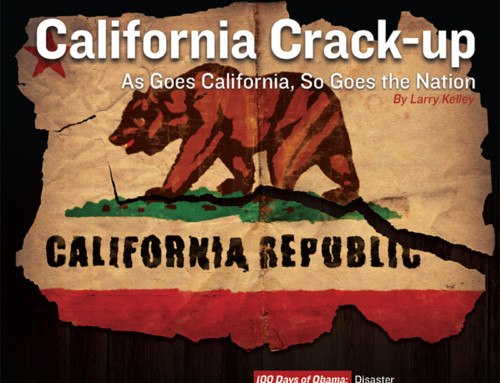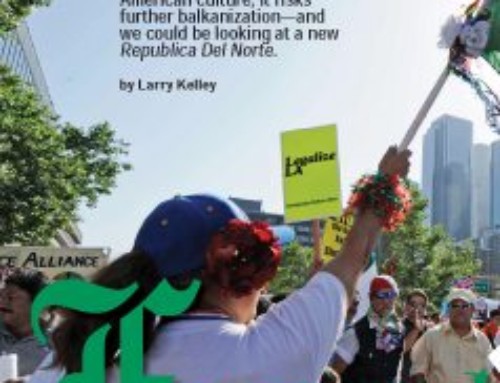Ah, Dad, I choose to believe that you’re not off some place hittin’ it long and straight but that you are present now and can hear my voice. And I trust that your many beloved friends and family here today will indulge me if I choose to speak to you directly.
I will always remember you, Dad, as a celebrated surgeon, a man of letters, and a fine sportsman. It would be inaccurate or incomplete to say that you were simply, a renaissance man because you were that but I also think of you and your dearest Kathryn, as members of a former Victorian age, where tradition, integrity, and refinement were paramount.
I know you are a bit uncomfortable about assembling us here to bid you farewell at this a profoundly religious ceremony. You were religious but not profoundly so. You were too much a humanist, too concerned with the human condition. You’re unique brand of caring for your fellow-man was much more the faith you practiced. Being a doctor was more what defined you. And your life-long appreciation for art was driven by your understanding of its redemptive power to call up the timeless universal human experience. I remember Thaikowsky’s Swann Lake for years was your favorite piece of music. That symphony will always transport me to our house on Woodland Way where I can see you and mom in the kitchen talking as you listened. And when I hear it, I will always feel your presence.
Among my earliest memories of you, Dad, are of those long ago Sunday mornings where after church, we’d drop Mom off at home and you’d take James and me, to use your words, “down to the hill to make the rounds.” I remember as if yesterday, your witty banter with the nursing staff, your instructions to us to wait in the hall until you’d call us in, and your patients’ inevitable outpouring of gratitude that made us feel proud. To this day, we can’t understand how you made getting a hip operation a positive experience but you somehow did. Or so it seemed. Your profession was your faith.
And as you saw your days waning, you read poets who spoke to you of our unknowable beyond. The poem, Invictus, was one that you recently read often and that gave you solace. I’d like to ask Kevin Kelley, my father and mother’s godson to come up and read it to us and to you one more time…
Invictus
By William Ernest Henley
Out of the night that covers me,
Black as the Pit from pole to pole,
I thank whatever gods may be
For my unconquerable soul.
In the fell clutch of circumstance
I have not winced nor cried aloud.
Under the bludgeonings of chance
My head is bloody, but unbowed.
Beyond this place of wrath and tears
Looms but the horror of the shade,
And yet the menace of the years
Finds, and shall find me, unafraid.
It matters not how strait the gate,
How charged with punishment the scroll,
I am the master of my fate:
I am the captain of my soul.
Dad, you’ll be missed as you were a storyteller without equal, a raconteur as you liked to say. And your presentation was your art. My regret is that I didn’t get you to record all your stories on audio tape so that we could preserve them and pass them along to your future generations. I guess my reluctance, Dad, was selfishly motivated by the thought that it would be too painful for me to hear your voice after you have gone. But I know there is a small card file somewhere in your belongings where you diligently catalogued your stories. And I promise I’ll find it, learn your stories and pass them along in memory of you.
Only weeks ago, you quoted me a line from Shakespeare by saying To thine self be true… “Good words to live by,” you said haltingly, through the burden of your affliction. It was fitting these words be your last council to me because you, like no one else I’ve ever known, lived your life the virtuous way you would hope not just for me or for your beloved grandsons, Austin and Brendan, but for all your fellow travelers. And in closing my tribute and farewell, I wanted to quote some lines from a man who is now your kindred spirit, together with you in that unknowable beyond.
On the eve of his death at the battle of Bull Run, July 4th, 1861, Union Major Sullivan Beaulieu wrote to his wife a letter that I know you would embrace. His sublime sentiments I chose to read today because I know you’d agree they so eloquently mirror yours for mom.
My dearest,
Indications are strong that we shall move in a very few days. Lest I shall not be able to write again, I feel impelled to write a few lines that will fall under your eye when I shall be no more. I have no misgivings about the cause in which I am engaged and my courage does not falter.
My love for you is deathless. It seems to bind me with mighty cables that nothing but omnipotence could break. And yet my love of country comes over me like a strong wind and bears me unresistably on. The memories of the blissful moments I have spent with you come creeping over me and I feel so gratified to you and to God that I have enjoyed them for so long. I know I have but few claims upon Divine Providence but something whispers to me. Perhaps it is the wafted prayer of our young sons that I shall return unharmed. If I do not my dearest, don’t ever forget how much I love you, and when my last breath escapes me, it will whisper your name. Forgive me my many faults and pains that I have caused you; how gladly I would wash out with my tears every little spot upon your happiness. But oh, my dear, if the dead can come back to this earth and flit unseen around those that they loved, I shall always be near you, in the gladdest days and the darkest nights always, always. And if there be a soft breeze on your cheek, it will be my breath. And when the cool air fans your temple it shall be my spirit passing by.
Sarah, do not mourn me dead. Think I am gone and will wait for thee. For we shall meet again.




